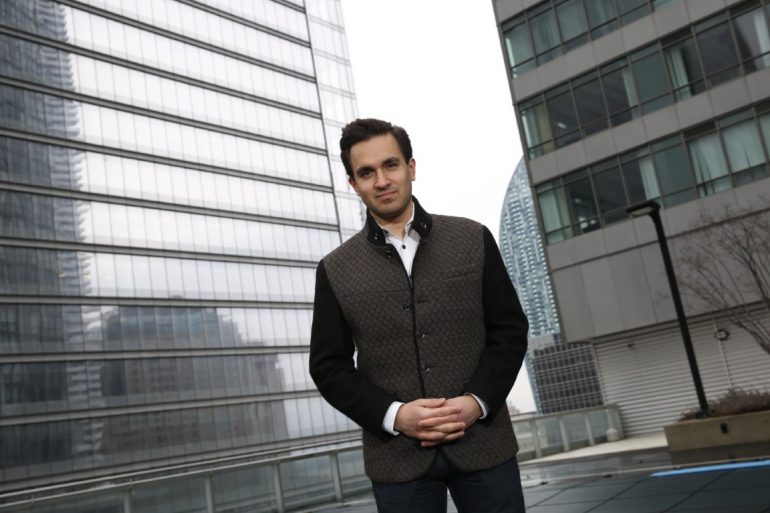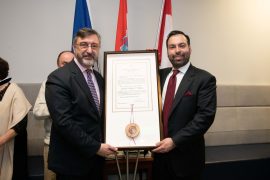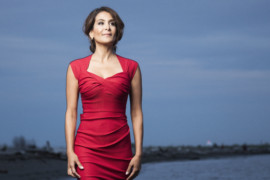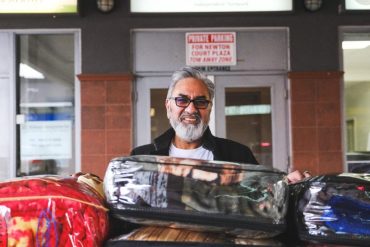While earning his business degree at Simon Fraser University, Davin Michael Garg hosted a show on the campus radio station. Every Friday morning throughout the Lower Mainland, you could hear him discussing the latest events. His guests ranged from fellow students to the premier of the province. The art of performance spoke to Davin, and he stayed with it after graduating, finding a job in television. He was assigned to cover a criminal case at the Main Street courthouse in Vancouver one day. He watched as lawyers examined witnesses with panache and made closing arguments with gusto. Davin realized that a courtroom is like a theatre—everyone in the room plays their role. It’s a performance steeped in tradition that honors the rule of law. And Davin was drawn to the person representing the public interest—the Crown prosecutor. It wouldn’t be long until Davin applied to UBC Law.
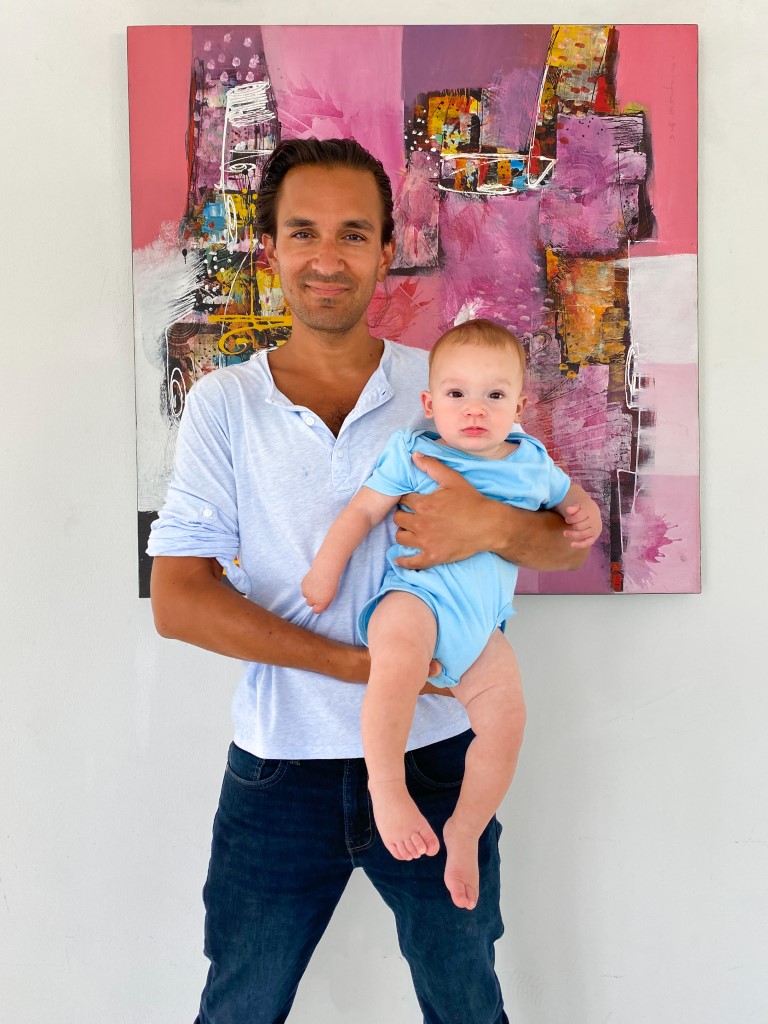
That was 2009. Fast-forward to today, and Davin is carrying out his dream. As Crown Counsel with Ontario’s Ministry of the Attorney General, Davin prosecutes criminal cases at all levels of court. Now he’s the one stocking his briefcase with panache and gusto before trotting into court. And he must do so while holding himself to the highest ethical standards. The Supreme Court of Canada explained that “The prosecutor’s role excludes any notion of winning or losing; [their] function is a matter of public duty than which there can be none charged within civil life greater personal responsibility.”
In December 2021, Davin made it to that same court for the first time in his career. He presented the court with options on how to transform the law, represented Ontario in two cases that addressed the duties imposed on police when they interact with public members. He pushed for bright-line rules on when Charter rights are engaged and argued to clarify how police fulfill the right to consult with a lawyer (the cases are called R. v. LaFrance and R. v. Dussault).
Davin is also aiding efforts to modernize the justice system by training lawyers to conduct trials over videoconference. In the early days of the COVID-19 pandemic, Davin ran a multi-week trial entirely over Zoom. Everyone participated remotely—the judge, the witnesses, the defendant, and the lawyers. This was a significant development for the justice system, as traditionally, the courtroom had only been home to in-person affairs. At the end of the trial, the court found the defendant, Nadeem Ahmed, guilty of fraud for misleading victims about investments with his co-conspirator, former Member of Parliament Wajid Khan.
Davin noticed how the practice of law had evolved in recent years to open up frank and poignant discussions on race. This suits Davin well since he is proud to represent his Indian heritage in his work and beyond. He was recently elected to the board of the South Asian Bar Association of Toronto, the largest equity-seeking bar association in the country, ensuring that the profession represents the community’s diversity. He mentors young South Asian lawyers who are breaking into the profession by explaining the inner workings of the practice and serving as a sounding board. In September 2021, Davin hosted a seminar on anti-South Asian racism that examined historical injustices and how they manifest today’s justice system. The seminar was capped by Davin’s fireside chat with the retired Justice Russell Juriansz, who was the first South Asian and person of color to reach Ontario’s top court. And Davin has served on the Canada India Network Society board since 2010, where he has been instrumental in organizing their conferences and galas.
In his professional pursuits, whenever Davin finds himself in a quandary with no easy answer, he goes back to why he pursued a legal career: What decision will best serve the public interest? While the answer is not always straightforward, having this clear sense of purpose supplies Davin with a trusty analytical framework to keep him on his chosen path. While remembering that his message will only punch through if he honors the art of performance, of course.
QUOTES:
Davin realized that a courtroom is like a theatre—everyone in the room plays their role. It’s a performance steeped in tradition that honors the rule of law. And Davin was drawn to the person representing the public interest—the Crown prosecutor.
Davin noticed how the practice of law had evolved in recent years to open up frank and poignant discussions on race. This suits Davin well since he is proud to represent his Indian heritage in his work and beyond.


